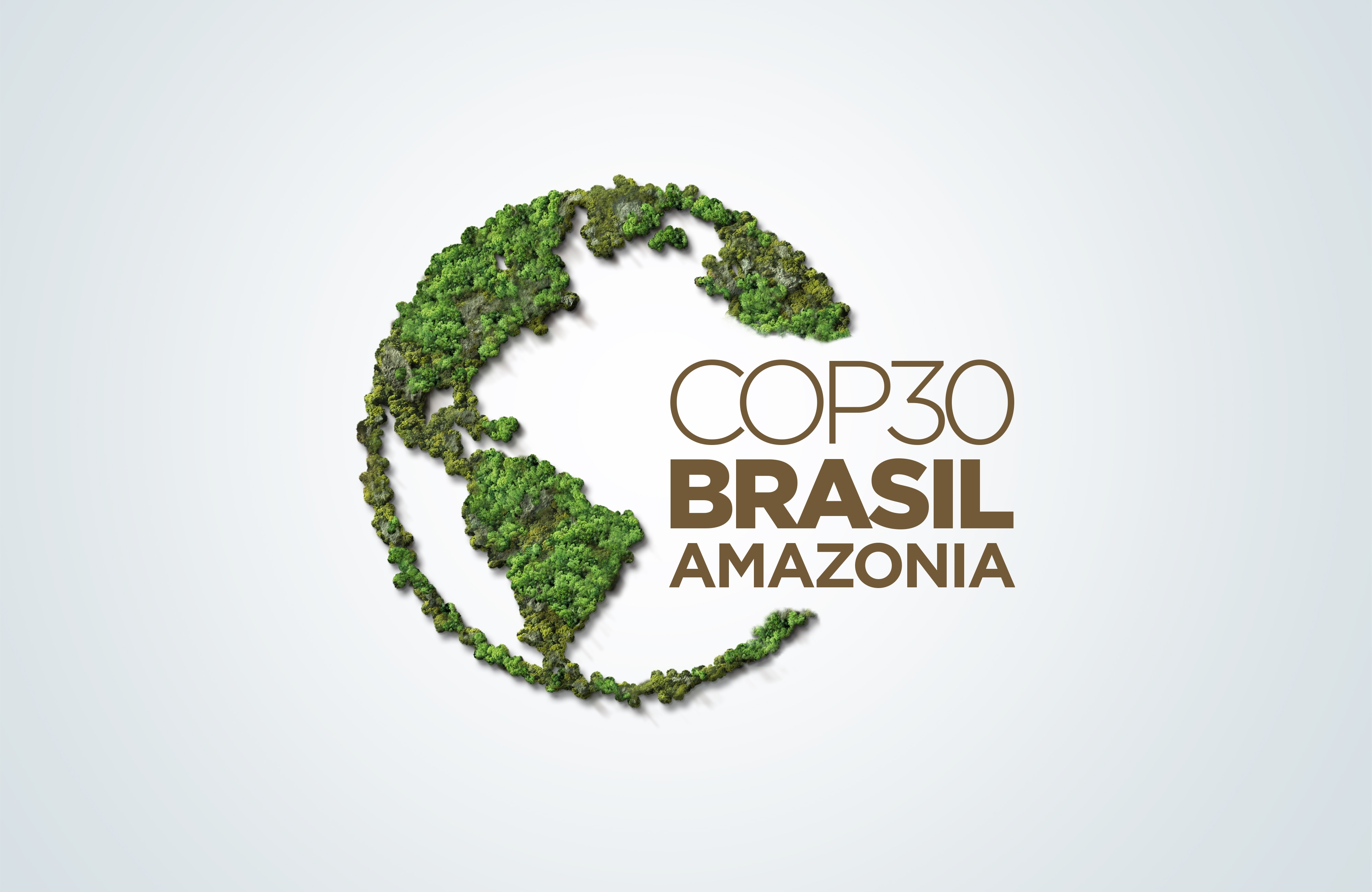Energy - Climate
In the face of the climate emergency and geopolitical confrontations, how can we reconcile security of supply, competitiveness, accessibility, decarbonization and acceptability? What policies are needed?
Related Subjects

COP30: An Inflection Point for Climate Action and Governance

The 30th Conference of the Parties (COP30), opening in Belém, Brazil, on November 10th 2025, convenes at a perilous moment.
Carbon Dioxide Emissions: 17 Years ans still Talking
The 15th annual Conference of the Parties in Copenhagen last year saw delegations from 192 countries come together in an attempt to establish a global climate agreement for 2012 before the end of the first commitment period of the Kyoto protocol (2008-2012). This paper will examine how these figures have changed since Kyoto base year 1990, before looking at certain countries" proposals for the future of their carbon dioxide emissions.

The EU's Major Electricity and Gas Utilities since Market Liberalization
A major change has taken place in the company structure of the European electricity and gas markets. Twenty years ago, national or regional monopolies dominated the markets and there was strictly no competition between utilities. But since the liberalization of EU energy markets began in the 1990s, companies like E.ON, GDF Suez, EDF, Enel, and RWE have become European giants with activities in a large number of Member States.
An Azeri-Turkish deal on gas - a partnership renewed
The package of the Azeri-Turkish gas agreements signed in Istanbul on June 7, 2010, in the presence of President Ilham Aliyev and Prime Minister Recep Erdogan certainly makes cooperation easier in a sector which both parties consider to be strategic. It does not, however, specify all details of the sale and transit of gas (see e.g. EurasiaNet, 7 June). The documents above all have important political significance.
Russian Gas Diplomacy
Thank goodness our early warning systems during the cold war were not structured so we could see the flash at the same time we heard the warning. On Monday, the Russians notified the Europeans under an “Early Warning” agreement negotiated after the last Ukrainian gas cutoff that they had already cut gas flows to Belarus by 15% and that would increase cuts to 85% by the end of the week. Not very good news for the Belarusians who enjoy the most gasified economy in the world - everything there runs on gas.
Saving Wind from its Subsidies
European subsidies for wind energy are too high and unspecific. They risk frustrating their own objective.
Japan's Ambivalent Diplomacy on Climate Change
Japan often pictures itself as an environmental leader. While many examples of Japan’s actions against climate change are in line with global climate change norms, others can be in opposition to them.
Jurassic Oil
Why do we have to drill through a mile of water and then three miles of rock to get oil? Surely there are better options in the world’s geologic resource base than deep, acidic, high pressure deposits that threaten the waters and coasts of the Gulf of Mexico, Gulf of Guinea, Campos Basin, Barents Sea and the Caspian. Most of this is oil that got deposited even before continental drift started.
Disaster in Gulf not a Disaster for Obama
Pundits argue that the BP accident in the US Gulf is a final nail in the coffin of President Obama’s energy and environment legislation. They conclude that American energy and environment policy will be left in disarray with little hope for key decisions before the crucial Cancun climate change talks.
A Smiling Medveded
In Denmark last Tuesday, President Medvedev said he had a smiling face for the world. Not surprising. The deal he is reported to have done with President Yanukovitch should bring smiles to many Russian faces - mostly in the Kremlin. However, it is unlikely that the President’s namesake in Gazprom, Alexandre Medvedev is smiling because his company’s interests have once again been subordinated to Russia’s foreign policy agenda.
Copenhagen's Legacy Is Ambiguity
The third Ifri Annual Energy Conference held at the Plaza Hotel, Brussels in February 2010 posed the question: “How do we begin effectively to close the gap between climate change policies and current practices - or put another way between climate change rhetoric and market reality”.
Support independent French research
Ifri, a foundation recognized as being of public utility, relies largely on private donors – companies and individuals – to guarantee its sustainability and intellectual independence. Through their funding, donors help maintain the Institute's position among the world's leading think tanks. By benefiting from an internationally recognized network and expertise, donors refine their understanding of geopolitical risk and its consequences on global politics and the economy. In 2025, Ifri supports more than 80 French and foreign companies and organizations.








